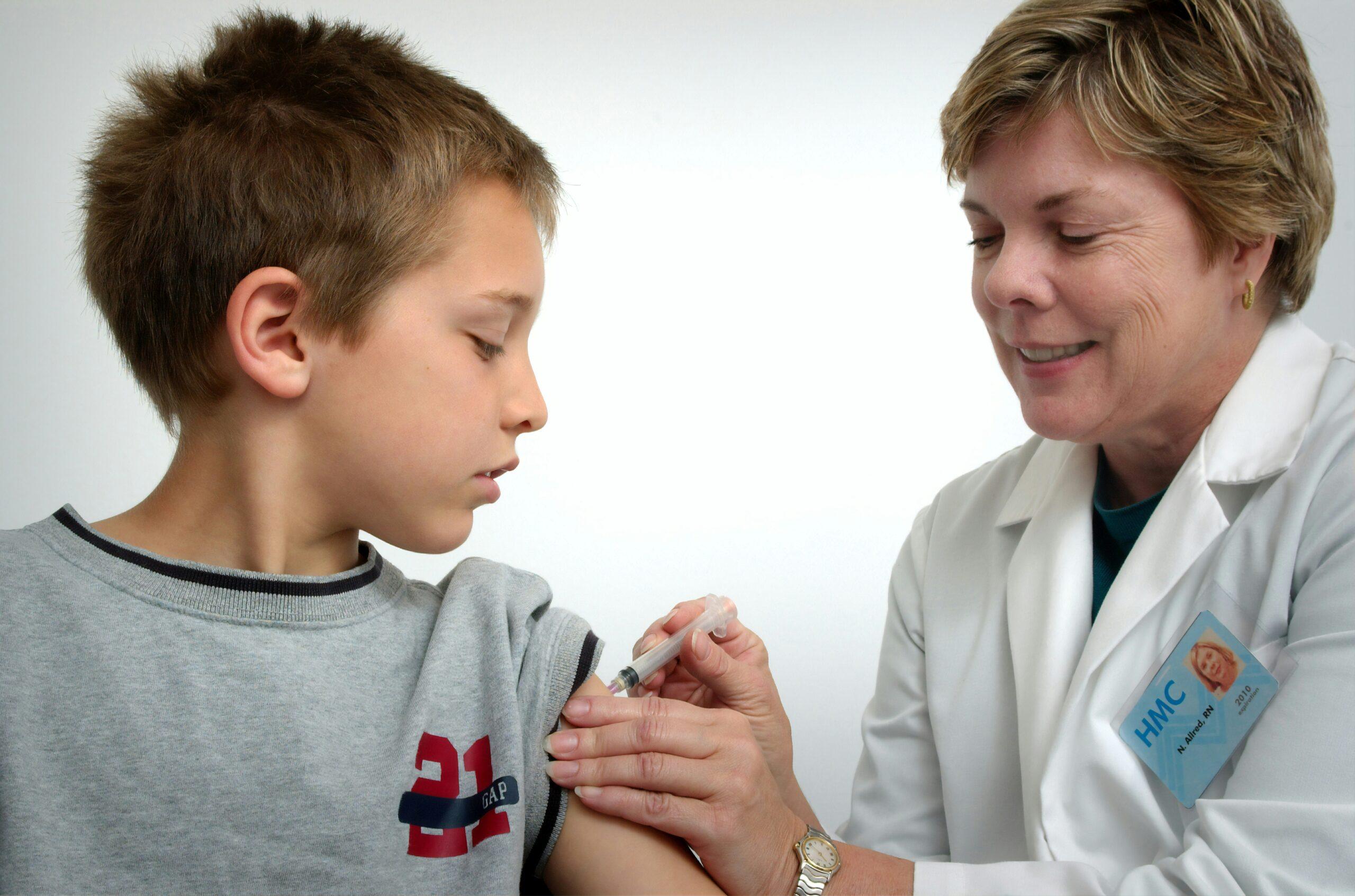Becoming a parent brings a whirlwind of emotions— from unexplainable bliss to constant anxiety. You worry about every cough and sniffle, every bump or bruise.
When our son Jeffrey was born, he appeared healthy, and we were overjoyed to welcome this blue-eyed bundle of joy into our lives. We were not prepared for the shocking diagnosis that shattered our world.
Before Jeffrey was a year old, he woke up in his crib one day burning with a temperature of 105 degrees. We rushed Jeffrey to the doctor and within minutes were checking our son into Mount Sinai Medical Center.
Though Jeffrey’s fever subsided by morning, he had to stay in the hospital for tests. After nearly a week, we got the devastating news. Jeffrey was suffering from a severe defect of the immune system called hypogammaglobulinemia— a disease that doctors knew little about. Jeffrey was not producing enough gamma globulin, an important component of blood that helps fight off life-threatening infections. At any time, he could contract a potentially fatal disease.
We were desperate for answers. How could we help our son? Our pediatrician said that there was a chance Jeffrey might outgrow the condition, but that our son needed to be kept away from situations that might expose him to infections.
Jeffrey was such a happy and fun-loving kid. Often, it was easy to forget he was sick, and we were determined to help Jeffrey lead a normal life. Yet, every year Jeffrey’s condition worsened. Between hospital visits, he was like any other child. He enjoyed school, sports and traveling and had many hobbies. Unlike other children, Jeffrey never knew when he would have to miss a school concert or cancel plans with friends to go to the hospital.
Although Jeffrey was brave, he became frustrated. He once exclaimed that he wished he had leukemia. “At least leukemia has a name,” he said, “and they know how to treat it.” This broke our hearts. Suddenly we realized how alone Jeffrey must have felt. We didn’t know any other children with Jeffrey’s condition. We didn’t have answers for him. But there had to be other families going through the same thing, other children to whom Jeffrey could relate.
In 1986, when Jeffrey was 15, he contracted pneumonia. Jeffrey had been a fighter his whole life; this would be his last battle. Because of complications from his disorder, Jeffrey was unable to fight off the pneumonia.
Despite the never-ending hospital visits and countless infusions and unanswered questions, nothing could prepare us for the pain of losing Jeffrey. Though we knew his suffering was finally over, we were devastated. Our son’s death left us with a tremendous void in our hearts; there are no words to express the sorrow we experienced.
About a year after Jeffrey died, we were approached by a family friend with the idea of starting a foundation in our son’s name. We learned that hypogammaglobulinemia, the disorder that Jeffrey had, is one of about 150 separate immunologic defects known collectively as primary immunodeficiency (PI). PI is a genetic disorder that affects the immune system, making it difficult to fight off illness.
If our family had known more about PI, Jeffrey might still be alive. We are determined to help other families suffering from PI, so no child has to feel alone and frustrated the way Jeffrey did— and no parents would be without answers. Maybe we could bring back some joy in our lives by helping the lives of others.
When we first started the Jeffrey Modell Foundation (JMF) in 1987, it was a small grassroots operation set to raise awareness and funds for research. Since then, JMF has become a global nonprofit foundation dedicated to the early and precise diagnosis, meaningful treatments and ultimately cures for PI, with 38 Jeffrey Modell Research and Diagnostic Centers, as well as several hundred referral centers worldwide.
As a foundation, we alert families everywhere to the warning signs of PI disease and can refer them to experts in their area to help treat their child. We are extremely proud to have reached a global level. Nevertheless, we find our greatest joy in the relationships we form with families in small towns, villages and communities worldwide. We get to meet with many of these families at events such as our K.I.D.’s (Kids with Immune Deficiencies) Days, which are held in 24 regions across the country. At K.I.D.’s Days, families affected by PI get to know each other and unite for a day of fun-filled activities. We are able to meet these families one at a time, and stay with them every step of the way while the children get treated— and in some cases cured.
In January of this year, we came one step closer to our ultimate goal of worldwide newborn screening. Wisconsin became the first state to screen all newborns for Severe Combined Immune Deficiency (SCID). With diagnosis, SCID is curable. If it is not detected in the first few months of life, infection can develop and be fatal. In April, we made another step toward this goal: A program we have worked on for the past five years finally came to fruition. Both Houses of Congress passed The Newborn Screening Saves Lives Act. Beginning next year, and for the next four years after that, $45 million annually will be authorized to pilot and roll out newborn screening programs at public health laboratories in all 50 states.
The most crucial aspect of our mission is to raise awareness of Severe Combined Immune Deficiency, bringing attention to the warning signs and the need for newborn screening. With heightened awareness, people’s lives can and will be saved. And while it is not an easy journey, we will continue the fight in order to put an end to the suffering PI causes many families around the world. We do this in loving memory of our son Jeffrey.




